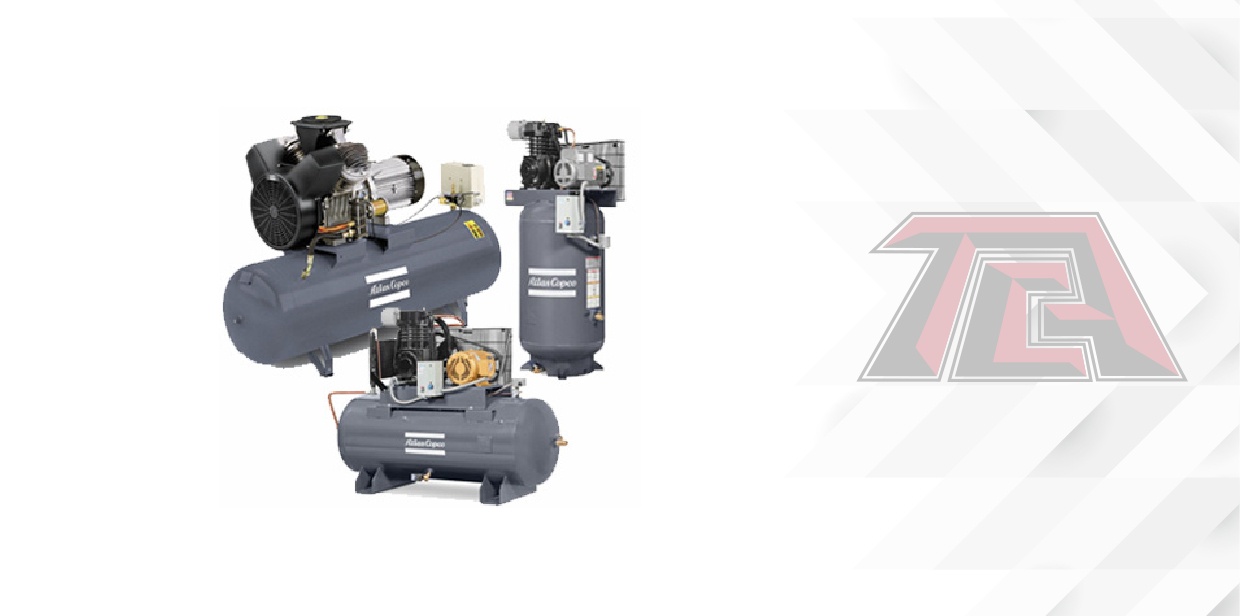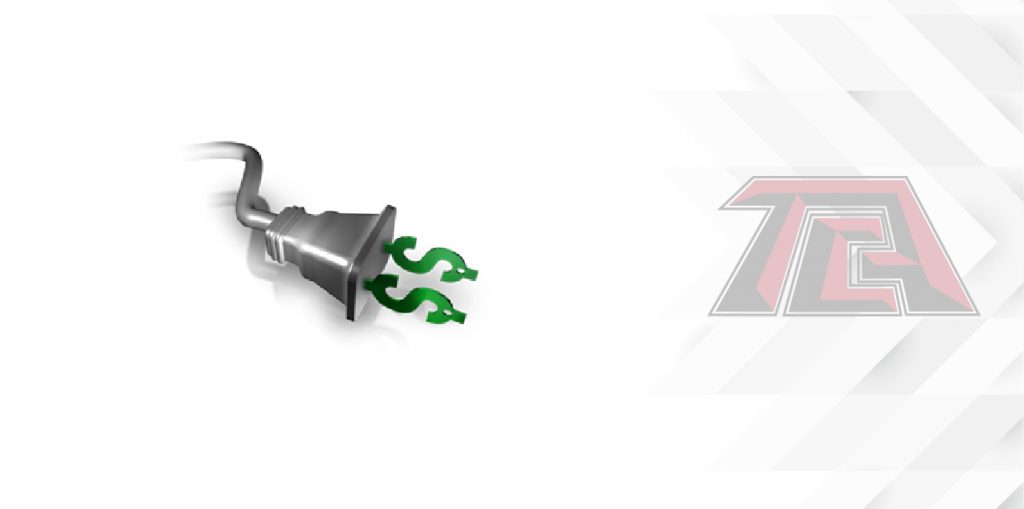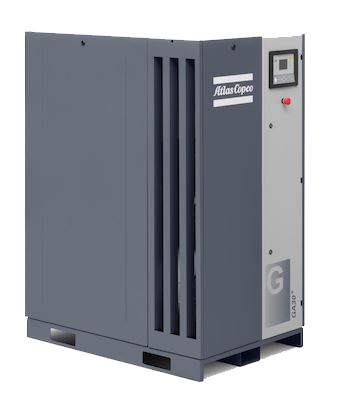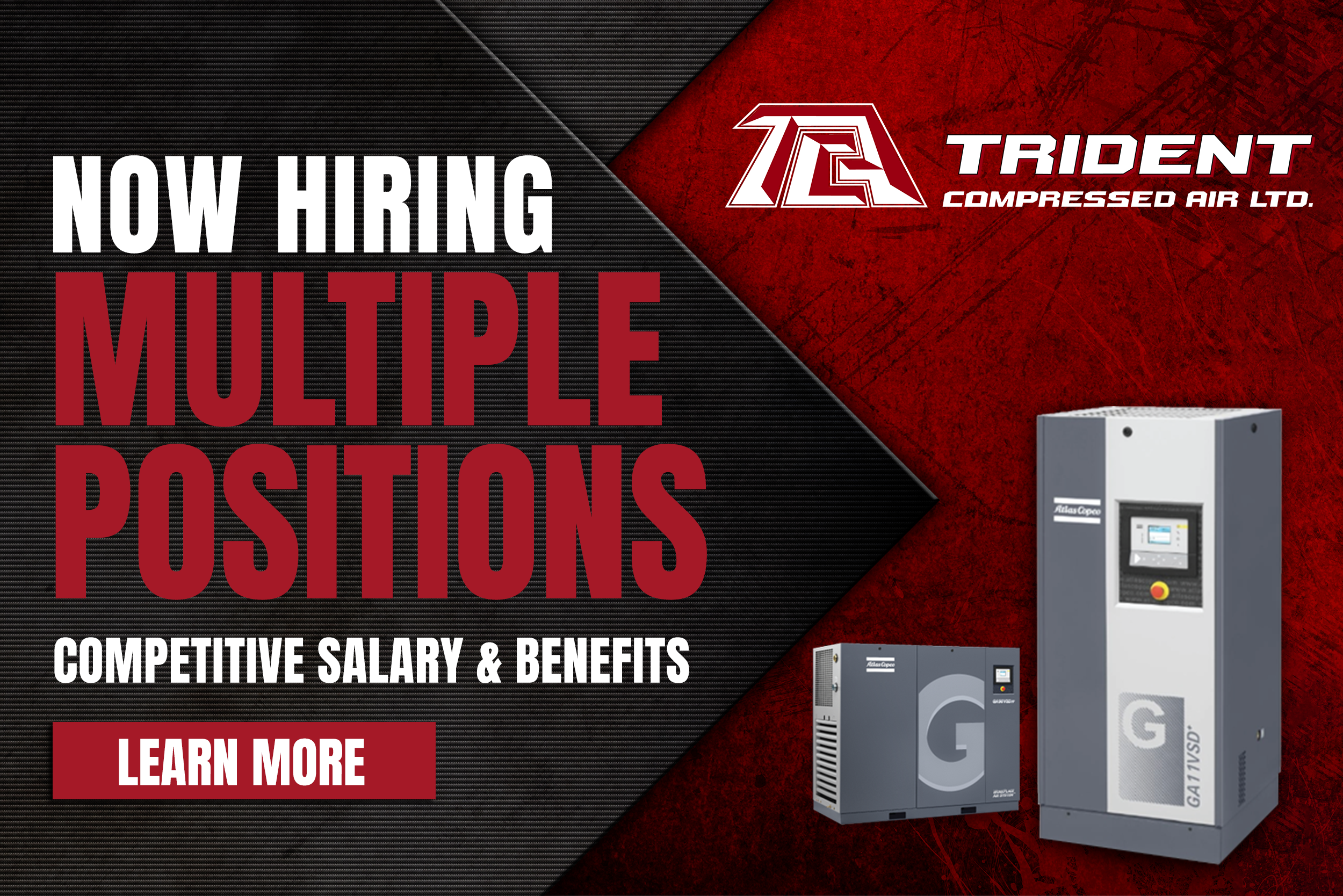
What’s New
Understanding the Four Key Types of Air Compressors

Nearly all manufacturing setups across industries use compressed air systems as part of their production line. In fact, several primary and allied businesses in the automotive, agricultural, healthcare, breweries, and woodworking sectors are heavily dependent on the use of industrial air compressors. Purchasing an air compressor would mean making a significant investment in your business. Hence, it is important to understand the different types of air compressors to know which one best meets your requirements and budget.
The technical team at Trident Compressed Air LTD. explain the four key types of air compressors along with their unique capabilities and applications.
Which Air Compressor is Right for Your Business
Based on their internal mechanism, most air compressors fall under two broad categories:
- Positive Displacement Compressors: This is an umbrella term for all compressors that generate power through air displacement. These machines usually include an air cavity that stores the air brought from outside, while compression of the cavity increases the air pressure and generates energy. Many construction industry businesses use positive displacement compressors, such as:
- Rotary Screw Compressors: One of the most common and easy-to-use machines, rotary screw compressors come with an internal cooling system that makes them a low-maintenance option across multiple industries. These industrial-sized compressors can run with or without lubrication. They are meant for continuous use, typically at large construction sites. They come with two internal rotors that turn in opposite directions and trap the air between them, which in turn builds up the required pressure within the housing.
- Reciprocating Compressors: These are suitable for smaller work sites, such as home improvement or garage projects. Reciprocating compressors work via a piston inside a cylinder that compresses and displaces the air to build the necessary pressure. Since these machines have several moving parts, they require lubrication for smoother movement.
- Dynamic Displacement Compressors: Also known as turbo compressors, dynamic displacement compressors generate power by using rapidly rotating blades to draw in air and subsequently restricting the air to create pressure. Such compressors usually cater to large-scale production lines in chemical plants or steel manufacturing facilities.
- Axial Compressors: Axial compressors find wide application in the automotive industry, typically in the high-speed engines of ships or aircrafts. These machines come with a rotating, air-foiled base, where the working fluid primarily flows parallel to the axis of rotation. Due to their high-efficiency rate and capacity to generate several thousands of horsepower, axial compressors are much more expensive than other air compressors.
- Centrifugal Compressors: These air compressors employ a multi-phase compression process to generate high amounts of energy. They are ideal for compressed air systems in complex construction sites, such as steel manufacturing or chemical plants. Essentially, their radial blades draw air into a rotating impeller and push it to the center with centrifugal force, while a built-in diffuser slows down and cools the incoming air to convert the energy into pressure. Centrifugal compressors have amongst the least maintenance requirements and some variants can produce oil-free air.
Choose High Quality Air Compressors for Your Business
Whether it is size, mobility, air flow (CFM), fuel type (diesel, gasoline, electrical), oil-free air options, or efficiency, there are several factors that go into selecting suitable air compressors for your business. The product specialists at Trident Compressed Air have over three decades of experience in customizing compressed air solutions. We can help you narrow down the options, by understanding the nature of your business and other critical factors within your setup. Our technical expertise, quality products, prompt customer support, and wide range of engineering services will help you install reliable and sustainable compressed air systems aligned to your production lines and business.
For more information on air compressors, please contact our office at (519) 737-9905 or fill out our online form. Our service department is on call 24 hours a day and we are eager to help answer any questions or concerns you may have about your equipment.



